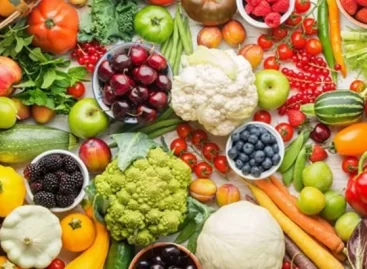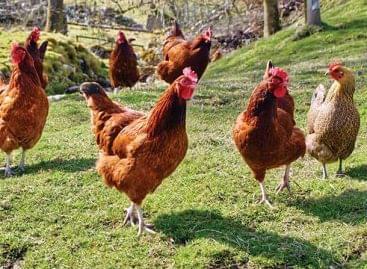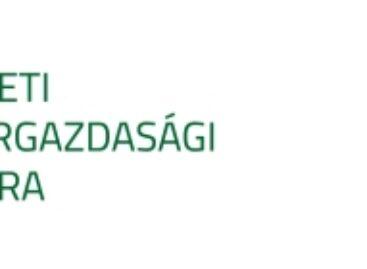Brussels must extend the ban on Ukrainian grain imports
The European Commission must act, it must extend the ban on the import of Ukrainian grain products even after September 15, as this is the only way to protect the interests of European farmers, Minister of Agriculture István Nagy said on Tuesday in Luxembourg, after the meeting of the Agriculture and Fisheries Council.

(Photo: Pixabay)
The head of the ministry explained that before the start of the meeting, the agriculture ministers of the five frontline countries – Bulgaria, Poland, Romania, Slovakia and Hungary – agreed that cooperation and the representation of a common position are still very important vis-à-vis Brussels. Regarding the extension of the import ban, he emphasized that the measure only makes sense from an agricultural economic point of view if it is maintained at least until the harvesting and storage of the new crop. In the case of wheat and canola, this can be done by September 15, but not in the case of corn and sunflower. The logical step is therefore to extend the EU import ban until December 31, at least for these two products, he underlined.
István Nagy also reported that he initiated negotiations with his French and German ministerial colleagues
Their purpose is to discuss those processes, such as market disruptions caused by Ukrainian grain, which pose challenges in everyday life. The goal is to find common European solutions, he stated. He added that the most important thing is to prepare for the presence of Ukrainian agricultural products on the European market in the long term, so comprehensive, long-term solutions must be found. Ukrainian agricultural products must be delivered to the markets of third world countries, where they were traditionally present even before the Russian-Ukrainian war. By securing grain in these regions, food crises and thus a migration crisis can be prevented, he added. He explained that further action by Brussels is also necessary in order to ensure that the solidarity corridor providing land transport functions according to its original purpose. In addition, the European Commission must take steps to introduce a progressive transit transport fee subsidy. It is necessary to achieve that we can transport Ukrainian agricultural products as far as possible from the border, not only to the internal markets of the Union, but also to the ports of Europe, so that they can also reach countries in need.
The minister pointed out that on July 18, the agreement that enables the delivery of grain via the Black Sea route expires
That is why he asked the ministers of the five frontline countries for a mandate to strengthen the initiative that would help the Black Sea ports continue to operate. If possible, new sea ports should be opened in order to be able to transport Ukrainian grain in the largest volume possible via traditional sea routes. István Nagy pointed out that recently, only a small part of Ukrainian agricultural products is transported by sea, the rest comes to Europe through us, the five front countries. This also shows how much internal market changes result from the unrestricted flow of Ukrainian agricultural products into Europe – emphasized the head of the ministry.
AM
Related news
Markets reopen: Saudi Arabia and Chile lift ban on Brazilian poultry
🎧 Hallgasd a cikket: Lejátszás Szünet Folytatás Leállítás Nyelv: Auto…
Read more >Related news
0.5 percent of Hungarian GDP is related to Nestlé’s domestic operations
🎧 Hallgasd a cikket: Lejátszás Szünet Folytatás Leállítás Nyelv: Auto…
Read more >









